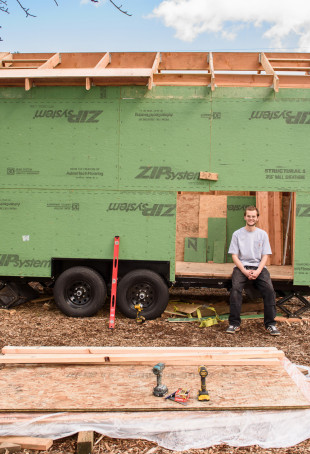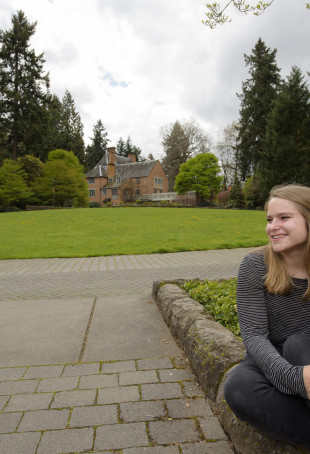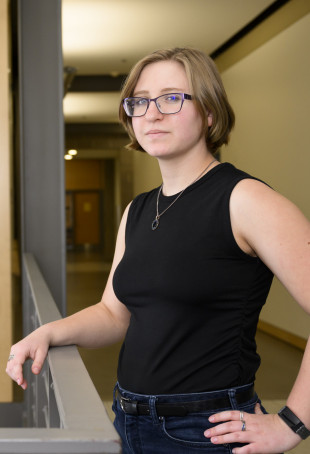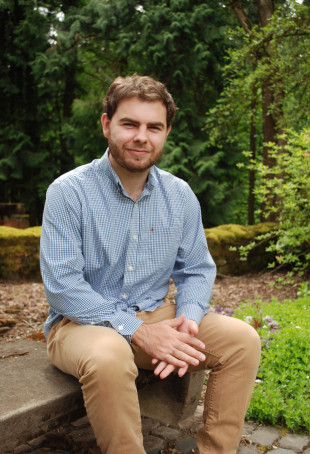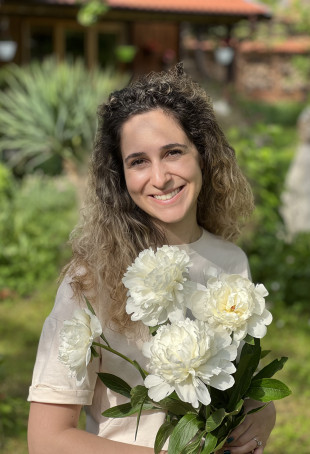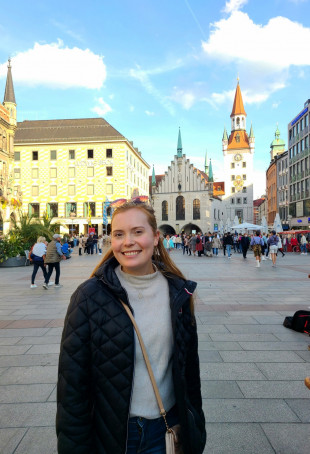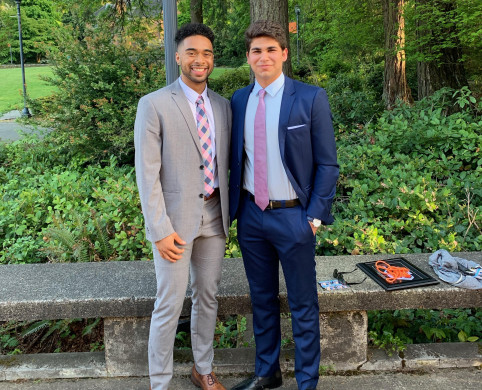- <a href="/live/image/gid/67/width/650/95915_econ_dept.jpg" class="lw_preview_image lw_disable_preview" tabindex="-1"><picture class="lw_image lw_image95915"> <source type="image/jpeg" media="(max-width: 500px)" srcset="/live/image/gid/67/width/500/height/479/crop/1/95915_econ_dept.rev.1663882763.jpg 1x, /live/image/scale/2x/gid/67/width/500/height/479/crop/1/95915_econ_dept.rev.1663882763.jpg 2x, /live/image/scale/3x/gid/67/width/500/height/479/crop/1/95915_econ_dept.rev.1663882763.jpg 3x"/> <source type="image/jpeg" media="(min-width: 501px)" srcset="/live/image/gid/67/width/720/height/690/crop/1/95915_econ_dept.rev.1663882763.jpg 1x, /live/image/scale/2x/gid/67/width/720/height/690/crop/1/95915_econ_dept.rev.1663882763.jpg 2x, /live/image/scale/3x/gid/67/width/720/height/690/crop/1/95915_econ_dept.rev.1663882763.jpg 3x"/> <img src="/live/image/gid/67/width/720/height/690/crop/1/95915_econ_dept.rev.1663882763.jpg" alt="Professor Aine McCarthy teaches the Grossman Model of health investments in ECON 312 Global Health Economics." width="720" height="690" srcset="/live/image/scale/2x/gid/67/width/720/height/690/crop/1/95915_econ_dept.rev.1663882763.jpg 2x" data-max-w="2400" data-max-h="1818" loading="lazy"/> </picture> </a><div class="hero-split_image_caption collapsable-caption"> Professor Aine McCarthy teaches the Grossman Model of health investments in ECON 312 Global Health Economics.</div>
- <a href="/live/image/gid/67/width/650/86484_Econ_main_image.jpg" class="lw_preview_image lw_disable_preview" tabindex="-1"><picture class="lw_image lw_image86484"> <source type="image/jpeg" media="(max-width: 500px)" srcset="/live/image/gid/67/width/500/height/479/crop/1/86484_Econ_main_image.rev.1607646589.jpg 1x, /live/image/scale/2x/gid/67/width/500/height/479/crop/1/86484_Econ_main_image.rev.1607646589.jpg 2x, /live/image/scale/3x/gid/67/width/500/height/479/crop/1/86484_Econ_main_image.rev.1607646589.jpg 3x"/> <source type="image/jpeg" media="(min-width: 501px)" srcset="/live/image/gid/67/width/720/height/690/crop/1/86484_Econ_main_image.rev.1607646589.jpg 1x, /live/image/scale/2x/gid/67/width/720/height/690/crop/1/86484_Econ_main_image.rev.1607646589.jpg 2x"/> <img src="/live/image/gid/67/width/720/height/690/crop/1/86484_Econ_main_image.rev.1607646589.jpg" alt="Econ students participating in a Federal Open Market Committee meeting simulation." width="720" height="690" srcset="/live/image/scale/2x/gid/67/width/720/height/690/crop/1/86484_Econ_main_image.rev.1607646589.jpg 2x" data-max-w="1634" data-max-h="1566" loading="lazy"/> </picture> </a><div class="hero-split_image_caption collapsable-caption"> Econ students participating in a Federal Open Market Committee meeting simulation.</div>
Economics
Our program uses foundational and contemporary economic theory to hone your skills in analytical thinking, quantitative assessment, writing, and speaking. In our rigorous but supportive environment, faculty share your enthusiasm and excitement for the application of economics to a broad range of issues.
Why Choose a Degree in Economics?
Majoring or minoring in economics will help you develop an analytical toolkit for thinking critically about complex economic, political, and social issues. If you earn an economics degree at Lewis & Clark, you will be able to use economic theory to form rigorous hypotheses, collect relevant data, use empirical and quantitative methods to test and interpret those hypotheses, and communicate those analytical results in a range of formats. Students majoring or minoring in economics graduate with a BA and an excellent preparation for a variety of careers.
What You’ll Study
Our interdisciplinary curriculum begins with an introduction to the methods and questions of economics. Students are then encouraged to explore the range of electives and core courses offered, choosing one of three concentrations (international, public policy, or theory) or electing to pursue a general economics degree. We facilitate and encourage student research at all levels, including as research assistants in faculty research, as partners in student-faculty research collaborations, and as independent student researchers under the guidance of a faculty member. Many of our students earn course credit toward their economics degree while on an overseas program.
Outside the classroom, we offer robust experiential learning opportunities through internships that give our students the chance to put economic concepts to work in real job environments. Students in our program have interned at American Express Financial Advisors, Bonneville Environmental Foundation, Cadmus Group Portland, ECONorthwest, Merrill Lynch, Morgan Stanley, Oregon Center for Public Policy, Oregon Environmental Council, and Puma AG, among other businesses and agencies. We also host the annual Mattersdorff-Steinhardt lecture for the campus community, given by a distinguished economics scholar chosen by the faculty.
Complement Your Education With One of These Minors
The most popular minors for our economics majors are data science, entrepreneurial leadership and innovation, and mathematics.
- Best
Lewis & Clark’s economics department is on U.S. News and World Report’s 2023-24 “Best Undergraduate Economics Programs.”
What Students Are Saying About Lewis & Clark
- Elijah Black BA ’23
The Sustainability Internship course through the entrepreneurship minor was a really informative crash course on the actual mechanisms of “being sustainable” and all of the cool stuff that is happening right now in the real world.
Economics | Entrepreneurial Leadership and Innovation | San Francisco and Pacifica, CaliforniaMore about Elijah - Grace Ralston BA ’21
I love that I am able to live in a city, but also in a neighborhood and forest all at the same time.
Economics | Spokane, WashingtonMore about Grace - Claire Baco BA ’25
I chose to major in economics because I like that it has such a wide range of applications—to everything from everyday life to international trade networks. And I chose MENA for my minor because I value intercultural knowledge as an important aspect of being a global citizen.
Economics | Middle East and North African Studies and Data Science (double) | Shingle Springs, CaliforniaMore about Claire
What Can You Do With a Degree in Economics?
Our alumni use their BA in economics in a variety of careers in the private sector, government, and academia. Others transfer the rigor and creativity cultivated in their undergraduate experience into advanced degrees, competitive fellowships, Fulbright grants, and Rhodes scholarships.
Dedicated Faculty
Our expert professors are your expert mentors. You will learn directly from faculty (no graduate assistants here!) that are nationally recognized in their fields of study and who love to work with and learn from their students. Your professors will inspire you to be a thoughtful and passionate participant in a diverse world. Your small classes will support you as you explore new ideas, find your voice, and speak your truth.
Our economics faculty offer expertise in a variety of topics, including environmental economics, labor economics, game theory, financial markets, radical political economy, business cycles, public finance, poverty, international trade and finance, econometrics, development economics, economic history, economics of technology, and urban economics. Faculty have active research programs, have published articles in a range of outlets, and regularly speak at local and international policymaking gatherings and national academic conferences.
- 54
nationalities represented in our undergraduate student body
- Value
Lewis & Clark is on U.S. News & World Report’s 2023–24 “Best Value Schools” list.
- Top
For the seventh time in 10 years, Lewis & Clark has been named a Fulbright U.S. Student Program Top Producing Institution for 2023–24.
- 29+33
Lewis & Clark offers 29 majors and 33 minors.
- 47
U.S. states represented in our undergraduate student body
Invest in Yourself
A private liberal arts education is often more affordable than you think. Last year, Lewis & Clark distributed over $74 million in assistance from institutional, federal, state, and private sources. Additionally, we’re so confident that our first-year students will graduate in four years with their bachelor of arts degree that if you don’t, we’ll cover the extra semester of tuition.
Find Your People
The Society of Economists is a student organization that welcomes all those interested in learning, debating, and pondering economics. Their activities include attending economic conferences, inviting speakers and comedians to campus, field trips, and movie nights. Sometimes they meet to explore a subject like game theory or behavioral economics, and sometimes they meet just to eat some pizza!
- John Thoma BA ’21
L&C classes taught me critical-thinking skills and how to ask the right question in different situations. This is useful in my job at a manufacturing company in Southeast Portland.
Economics | Yarmouth, MaineMore about John - Yoana Stoyanova BA ’20
The combination of various classes offered, the resources on campus, and the personal approach of the staff helped me find what I’m most passionate about and pursue it.
Economics | Sofia, BulgariaMore about Yoana - Annika Clunk BA ’20
L&C taught me to never shy away from voicing my perspective—because your perspective matters even if 99 percent of the people in the room would disagree with you
Economics, German Studies (double)More about Annika
